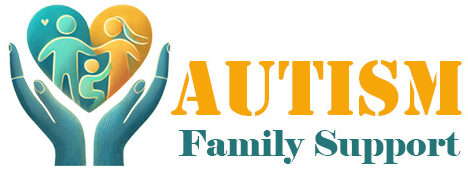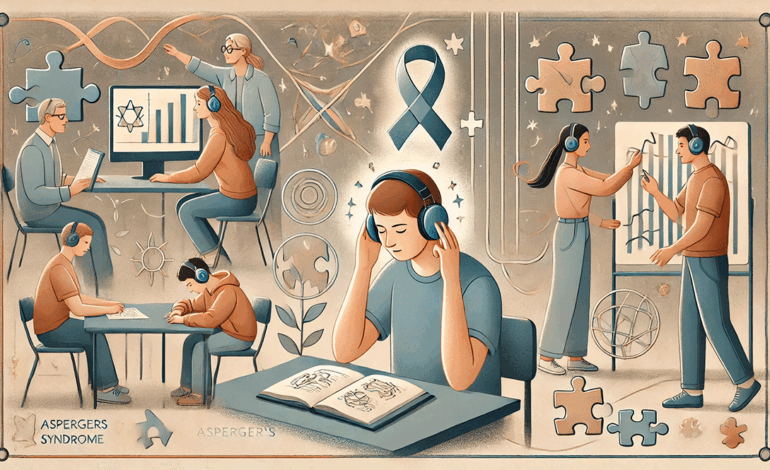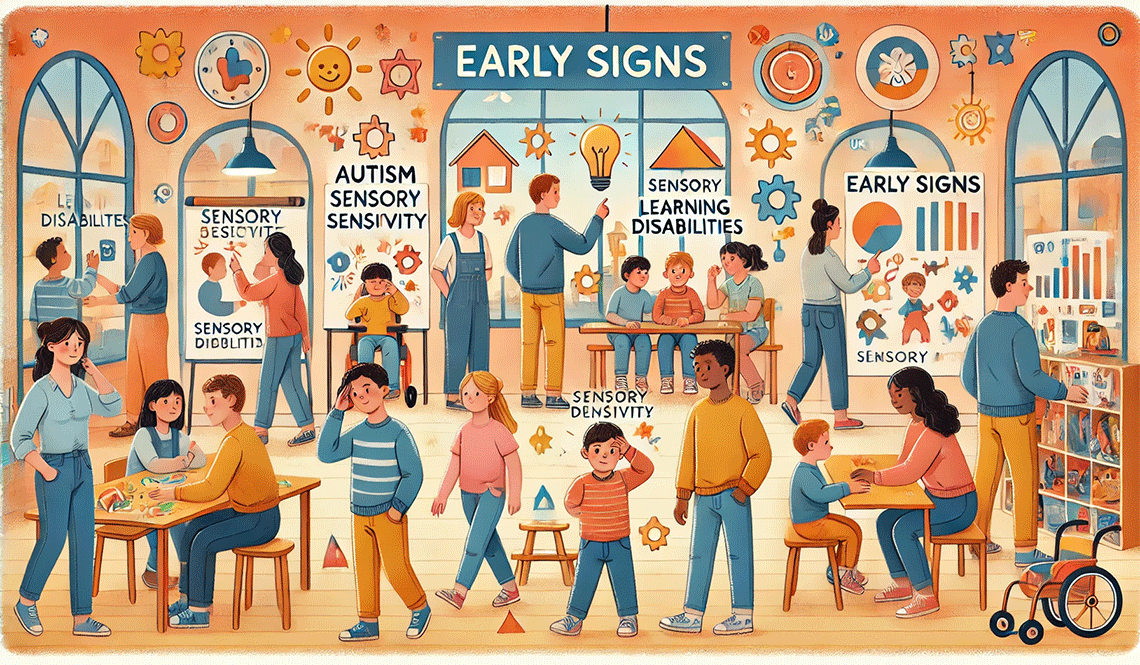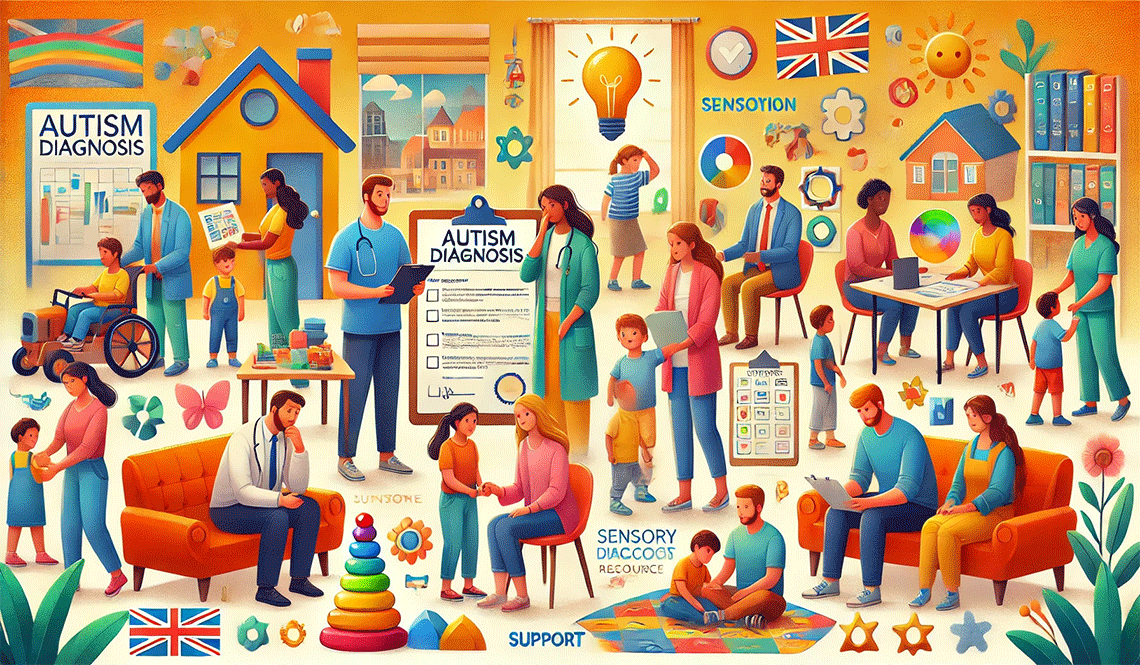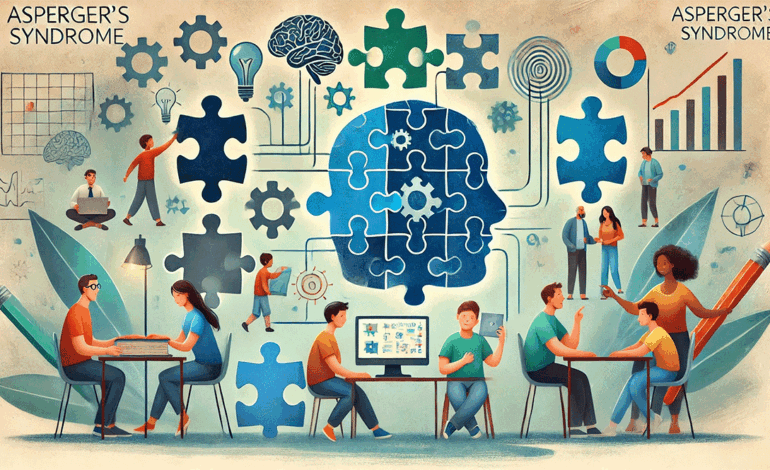
Understanding Asperger’s Syndrome
Understanding Asperger’s Syndrome: Symptoms, Diagnosis, and Treatment
Asperger’s Syndrome, once considered a distinct disorder, is now classified under the Autism Spectrum Disorder (ASD) according to the Diagnostic and Statistical Manual of Mental Disorders (DSM-5). Despite this reclassification, many individuals still identify with the term “Asperger’s Syndrome” due to its historical context and specific traits. This article delves into the symptoms, diagnosis, and treatment options available for Asperger’s Syndrome, offering a comprehensive understanding of this condition.
What is Asperger’s Syndrome?
Asperger’s Syndrome is a neurodevelopmental condition characterized by challenges in social interaction, repetitive behaviors, and restricted interests. Unlike other forms of ASD, individuals with Asperger’s typically exhibit average to above-average intelligence and do not have significant delays in language development. However, they may struggle with understanding social cues and forming relationships.
Symptoms of Asperger’s Syndrome
1. Social Interaction Difficulties
- Trouble with Non-Verbal Cues: Difficulty interpreting body language, facial expressions, and tone of voice.
- Challenges in Conversations: Struggling with back-and-forth conversations or understanding social norms.
- Preference for Solitude: Often preferring solitary activities over group interactions.
2. Restricted and Repetitive Behaviors
- Intense Focus on Specific Interests: Developing deep knowledge or passion for niche topics.
- Repetitive Movements or Speech: Engaging in repetitive gestures or phrases, sometimes called “stimming.”
- Resistance to Change: Finding comfort in routine and struggling with transitions.
3. Communication Challenges
- Literal Interpretation: Difficulty understanding idioms, sarcasm, or abstract language.
- Monotone Speech: Speaking with little variation in tone or volume.
- Delayed Social Responses: Taking longer to respond in social situations.
4. Sensory Sensitivities
- Overreaction to Sensory Stimuli: Heightened sensitivity to lights, sounds, textures, or smells.
- Seeking Sensory Input: Engaging in activities that provide specific sensory feedback.
Diagnosis of Asperger’s Syndrome
1. Early Identification
In children, parents may notice unusual behaviors, such as difficulty with peer interactions or obsessive interests. Pediatricians often conduct developmental screenings to identify early signs of ASD, including Asperger’s.
2. Comprehensive Evaluation
A thorough assessment involves:
- Developmental History: Detailed information about the individual’s early milestones, behavior, and social interactions.
- Behavioral Observation: Observing the individual in various settings to identify characteristic traits.
- Standardized Tests: Utilizing tools like the Autism Diagnostic Observation Schedule (ADOS) or the Autism Diagnostic Interview-Revised (ADI-R).
3. Multidisciplinary Approach
Evaluations are typically conducted by a team of professionals, including psychologists, neurologists, speech therapists, and occupational therapists, to provide a holistic understanding of the individual’s needs.
Treatment and Management
1. Behavioral Interventions
- Applied Behavior Analysis (ABA): A structured therapy that reinforces positive behaviors and reduces challenges.
- Social Skills Training: Teaching individuals how to navigate social situations and build relationships.
2. Educational Support
- Individualized Education Programs (IEPs): Tailored plans to support learning in school settings.
- Specialized Classes: Providing environments that accommodate sensory and social needs.
3. Speech and Occupational Therapy
- Speech Therapy: Enhancing communication skills, including tone modulation and conversation techniques.
- Occupational Therapy: Addressing sensory sensitivities and improving fine motor skills.
4. Medication
While there is no medication specifically for Asperger’s Syndrome, certain symptoms, such as anxiety, depression, or hyperactivity, can be managed with:
- Selective Serotonin Reuptake Inhibitors (SSRIs): For mood and anxiety regulation.
- Stimulants: To address attention difficulties.
- Antipsychotics: For severe behavioral challenges.
5. Support Groups and Counseling
- Peer Support Groups: Offering a sense of community and shared experiences.
- Family Counseling: Helping families understand and support their loved ones.
Living with Asperger’s Syndrome
Individuals with Asperger’s Syndrome often excel in fields requiring focus, attention to detail, and analytical skills. With the right support, they can lead fulfilling and successful lives. Employers, educators, and communities play a crucial role in fostering an inclusive environment that recognizes and values neurodiversity.
